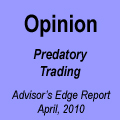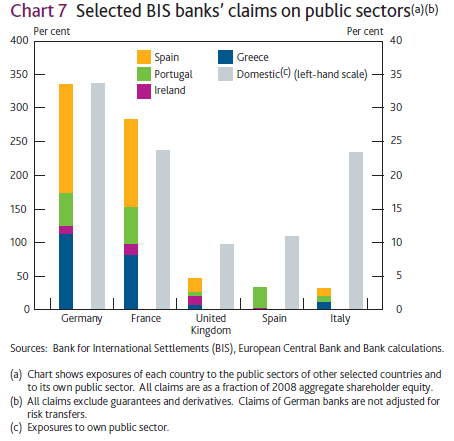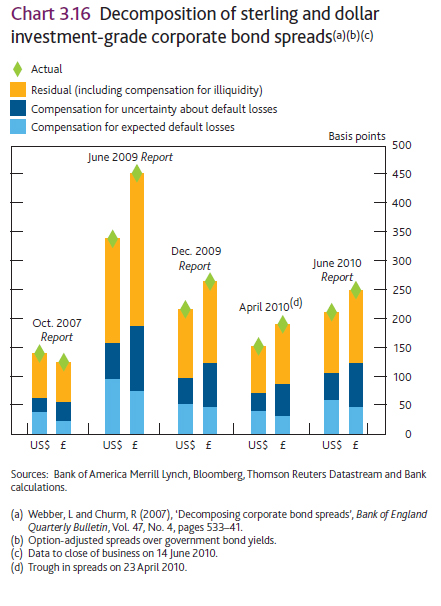Lifeco Split Corporation Inc. has announced:
that in relation to its previously announced reorganization, the Company has called 15,194 Preferred Shares for cash redemption on July 30, 2010, representing approximately 6.6035% of the outstanding Preferred Shares. The Company is redeeming the 15,194 Preferred Shares in order to increase the downside protection on the remaining Preferred Shares to approximately 38.8%, as at July 15, 2010. The Preferred Shares shall be redeemed on a pro rata basis so that each holder of Preferred Shares of record on July 29, 2010 will have approximately 6.6035% of their Preferred Shares redeemed. Holders of the Preferred Shares being redeemed will still be entitled to the dividend payable on July 30, 2010. The redemption price of the Preferred Shares will be equal to the lesser of (i) Unit Value on July 26, 2010 (the “Valuation Date”) and (ii) $51.19. As at the close of business yesterday, Unit Value was $76.20. The Preferred Shares will commence trading on a post redemption basis commencing July 27, 2010.
Immediately following the redemption of the Preferred Shares, the Company will subdivide the remaining Preferred Shares on a 1.39-for-1 basis in order to maintain the ratio of two Capital Shares for each Preferred Share. Accordingly, the redemption price of the Preferred Shares will be adjusted so that after the subdivision, the Preferred Shares will be redeemable for a cash amount equal to the lesser of (i) Unit Value and (ii) $36.84. The quarterly fixed distribution of the Preferred Shares will be also be adjusted, effective July 30, 2010, so that after the subdivision, holders of Preferred Shares will be entitled to quarterly fixed distributions equal to $0.3684. On an annualized basis, the fixed distribution will continue to represent a yield of 4.00% on the redemption price of $36.84. The subdivision will be effected as at the close of business on August 5, 2010 and the Preferred Shares will commence trading on a post subdivision basis commencing August 3, 2010.
It is not clear to me whether these 15,194 shares are including or in addition to the redemption of 10,107 shares due to unmatched capital unit retractions announced in June.
The downside protection on the remaining Preferred Shares to approximately 38.8% equates to Asset Coverage of 1.6+:1.
LSC.PR.C is not tracked by HIMIPref™.


